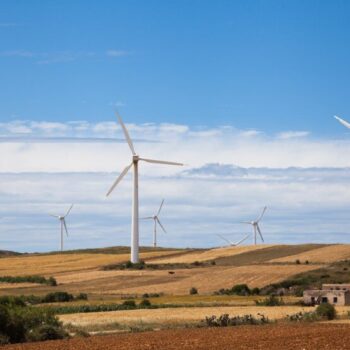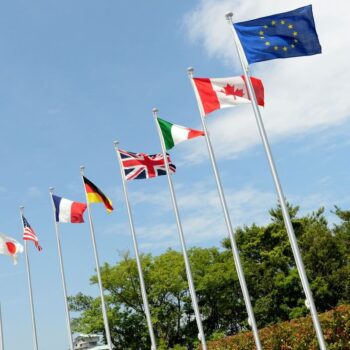European Bank for Reconstruction and Development (EBRD) has updated its energy strategy, ending finance to coal mining and coal generation.
The Bank’s new energy strategy includes a new approach to shadow carbon pricing, the full details of which are yet to be published.
There is still much more to be done by EBRD and other public financing institutions to align their finance with the Paris Agreement.
Story
The European Bank for Reconstruction and Development (EBRD) has updated its energy strategy for the first time since the 2015 Paris Climate Agreement was agreed. The EBRD has explicitly ruled out finance for coal mining and coal-fired generation and will engage with countries with coal dependence to support a transition away from coal. The Bank has ended finance for upstream oil exploration and will only finance oil development projects in exceptional circumstances. It also sets out four criteria for gas investment. The new strategy states that the Bank will focus on scaling-up renewable energy as well as putting in place a new framework for shadow carbon pricing, both of which were recommended in E3G’s previous research.
Quote
Dr Helena Wright, Senior Policy Advisor, E3G said:
“EBRD has ended all coal finance – a step urgently needed by all banks if we are to meet the Paris climate goals. EBRD joins several other development banks in ending finance to oil exploration and has included criteria for gas lending for the first time. However, the strategy does not go far enough. Despite these positive steps, much more needs to be done by EBRD and other public banks to align their finance to the Paris Agreement.”
Lisa Fischer, Senior Policy Advisor, E3G said:
“With this strategy, EBRD has opened two opportunities to become a climate leader among Multilateral Development Banks: First, it can make environmentally and financially sustainable investments the new standard. To this end, it needs to put the burden of proof on gas investments that they are not displacing cleaner alternatives or lead to carbon lock-in. Second, it can give its improved shadow carbon pricing approach real influence by making it an integral part to investment decisions.”
ENDS
Notes to Editors
- EBRD’s new energy strategy is available at: https://www.ebrd.com/news/2018/ebrd-puts-decarbonisation-at-centre-of-new-energy-sector-strategy.html
- E3G’s previous research recommended that the EBRD should strengthen its approach to shadow carbon pricing to align with the High-Level Commission on Carbon Pricing, amongst other issues: https://www.e3g.org/library/banking-on-reform-aligning-development-banks-with-paris-climate-agreement
- E3G is an independent climate change think tank operating to accelerate the global transition to a low carbon economy. E3G specialises in climate diplomacy, climate risk, energy policy and climate finance.
- In 2017, E3G was ranked the fifth most influential environmental think tank in the world, for the second year running by the Global Go To Think Tank Index.


